In the first article of this 3-part series, Bradley Mitchell discussed how innovation shaped the oil and gas industry. In the second in the series, he went on to explore areas on which the industry should focus its R&D.
Robert Miles now shares his view and discusses how oil and gas companies see diversification as the route to overcoming current ongoing market challenges.
The oil and gas industry has experienced significant market changes in recent years – it’s shrunk, stagnated and faced increasingly tough decisions as oil prices have continued to slump.
It’s an extremely challenging landscape to say the least. According to the Oil and Gas UK’s 2016 Economic Report, capital expenditure on new oil and gas projects was expected to decrease by as much as 20% in 2017.
The current climate has left oil and gas companies with some difficult decisions to make. But it’s not all doom and gloom. Despite these testing times, some businesses within the sector have managed to grow, thanks to their ability to branch out by diversifying their product ranges, service offerings and operating sectors.
Take note of this shift in mindset
We’ve already seen a lot of the major operators tapping into this diversification trend. While they may have the financial muscle to take on greater risk and operate in the majority of areas, their shift in mindset shouldn’t be sniffed at. In fact, if anything, the rest of the supply chain should be taking notice.
These major companies might have the financial backing to experiment with numerous options, but it’s not all plain sailing, they do not possess the skill sets to operate in every market. A prime example of this is the US Unconventional Gas sector where smaller companies have customised their business models to meet the specific requirements at hand. Similarly, closer to home in the UK, the emerging fracking industry is littered with smaller companies.
By diversifying into new fields of development based on existing knowledge and experience, this provides an extra leg for companies to stand on against further potential shifts in the Brent Crude price. As well as providing added growth, if we do see another plummet in the oil price, instead of waves of lay-offs which we have seen for the past two years, these new divisions provide an effective method of retaining talent. Along with software, robotics and High Pressure High Temperature technology, some of the major projects and decisions that we think best represent this shift in mentality and expansion, include:
- Shell setting up its Shell New Energies division to specifically develop low carbon technologies
- Statoil and E.ON entering into a joint venture to construct a 385MW wind farm in the Baltic Sea
- Global Energy Group sidestepping into construction services for the Wind and Nuclear sectors, to work on cutting-edge projects such as Statoil’s “Hywind” floating wind farm and SSE’s Beatrice Offshore Windfarm
- Technip and FCM Technologies merger to improve and simplify subsea equipment
Catch up or miss out
So, what do these examples tell us? Other than illustrate that diversification is alive and well within the oil and gas sector and that it can work, there’s also another key lesson to be learnt from it – the rest of the supply chain needs to catch up.
For most companies, it’s not a case of just simply casting their net wide and focusing on every possible area. Diversification involves careful consultation and assessment that should ideally be based upon key factors, including sector experience, company skill set, potential industry growth, risk appetite and financial backing.
With this in mind, here’s an overview of the three sectors that we think Oil and Gas companies should first consider if looking to diversify and expand into other areas:
AREA #1: Decommissioning
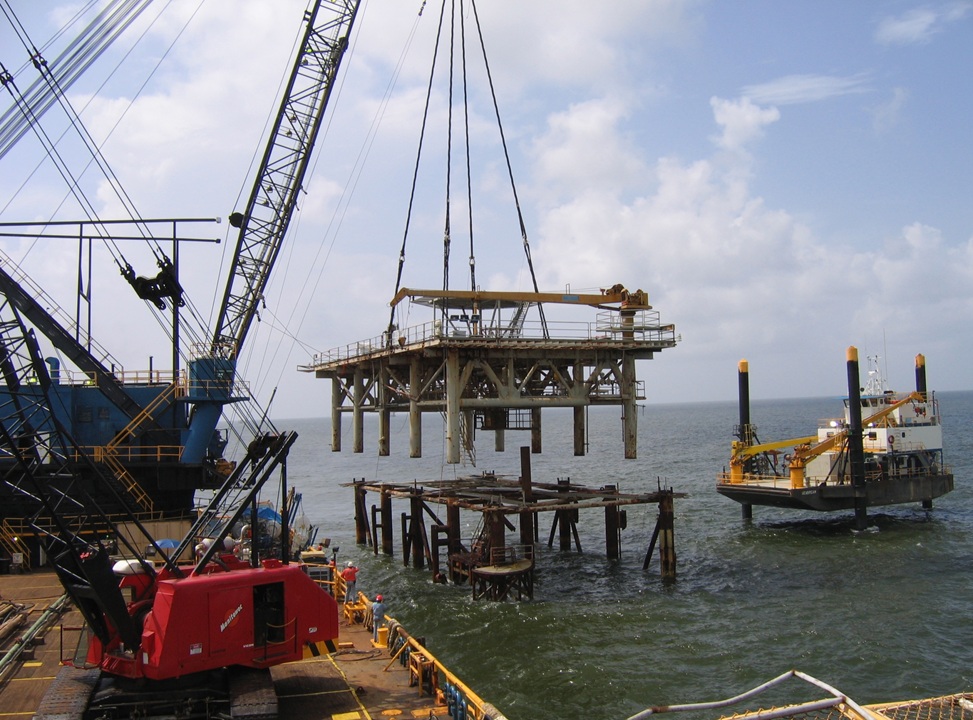
- This sector is expected to grow in 2017 by almost 60%
- Despite operators achieving improved production efficiencies, it is anticipated that 30 – 40 fields will stop production between 2018 and 2019
- There are similarities in the required skills of decommissioning, well plugging and cleaning, as those who currently operate in well servicing, maintenance and disposal, and heavy lifting.
AREA #2: Offshore Wind
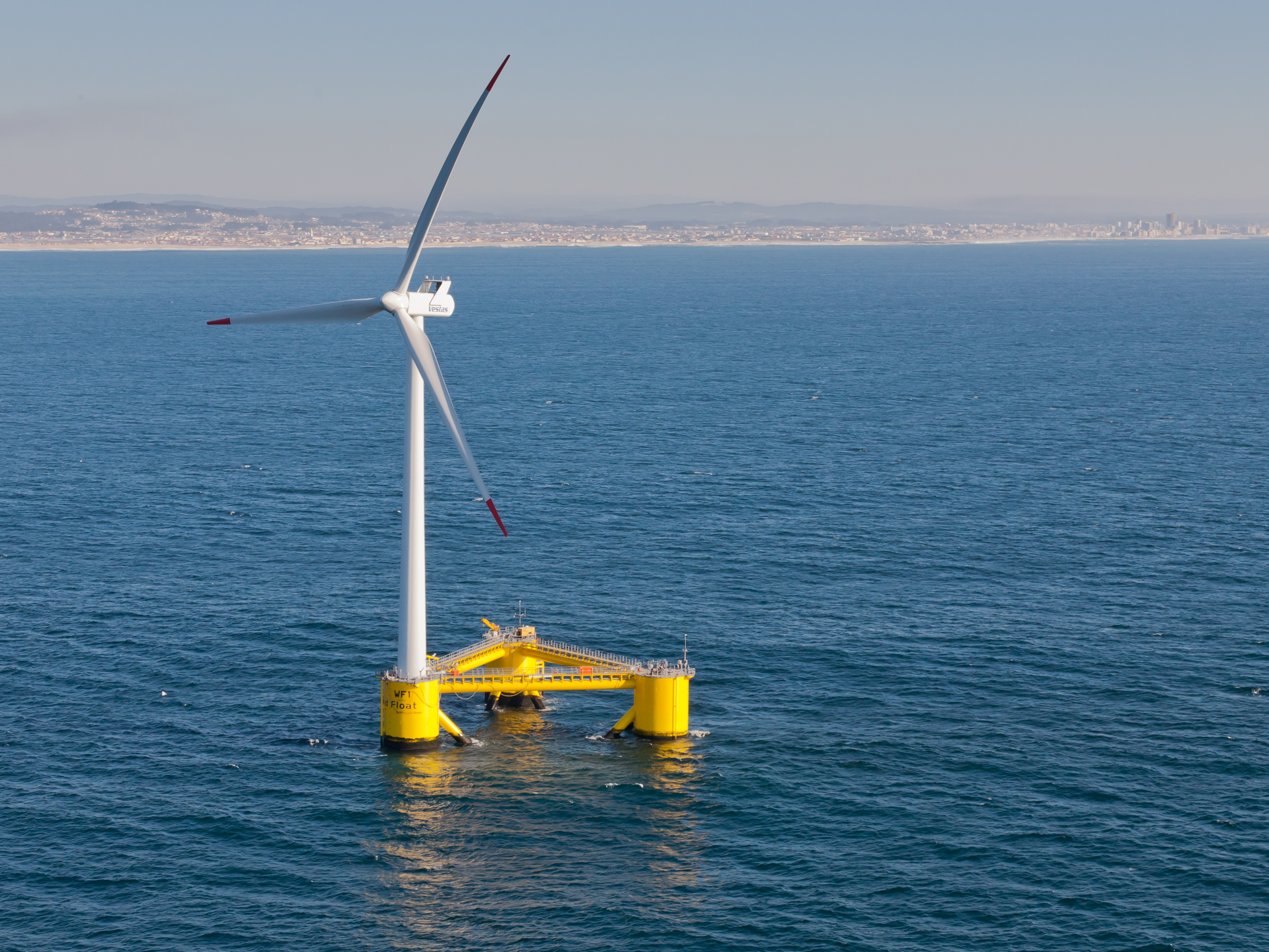
- Investment in UK offshore wind is forecast to total £18bn between 2016 and 2020, whilst global spend is estimated to increase by as much as £210bn from 2016 – 2025
- Offshore wind is one of the major technologies that will help to stay within the Paris Agreement of a global temperature rise of 1.5°C, with many European states and China having large projects in the pipeline
- Required skills within the sector are very similar to those of project management, cable manufacture, subsea structures and foundations.
AREA #3: Energy Storage
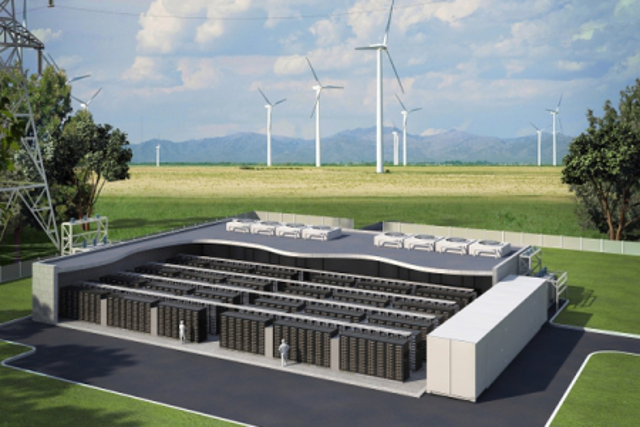
- More a longer-term prospect compared to other sectors, but Total’s acquisition of French battery manufacturer, Saft, is another clear example that the diversification mindset shift is happening right now
- The UK storage market is still dominated by pumped hydro, however, energy storage is expected to rise dramatically over the next decade with the need to integrate a greater variety of electricity generation, the growing electric transport market, as well as making wind and photovoltaics more economically viable. Europe still lags behind Japan and the US, however Germany and Italy are expected to spend nearly £5 billion by 2024.
- The progress made within the oil and gas industry on Smart Well software and other such technology could potentially be useful in the management and control of energy storage systems.
Transitioning from the oil and gas industry to the areas listed above would undoubtedly involve modifying conventional techniques and achieving improved efficiencies.
Diversification does, quite understandably involve significant change, which can make it a daunting decision for many companies to make. It’s certainly not without its risks either.
However, venturing into new fields does invariably involve duplicating knowledge and improving current technologies, which companies can actually be rewarded for. Initiatives, such as the government’s Research and Development (R&D) regime can help companies recoup their costs on technically challenging and innovative projects, as well as take the edge off some of those risks.
The question is – are you ready to diversify your mindset?
About the authors
Bradley Mitchell
Bradley is a Senior R&D Tax Consultant at Ayming UK. He has a MEng in Civil and Coastal Engineering and has previously worked across a number of engineering roles within the offshore sector for an Oil and Gas installation specialist.
Robert Miles
Robert is an R&D Tax Consultant at Ayming UK and a Chartered Chemical Engineer. Prior to joining Ayming, Robert worked for a major international Engineering, Procurement and Construction company across Refining, LNG and Petrochemical sectors.

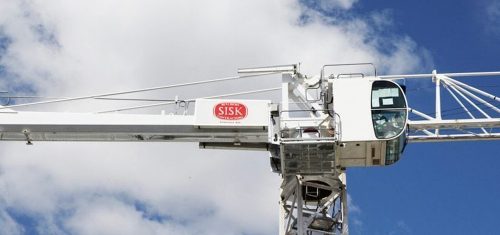



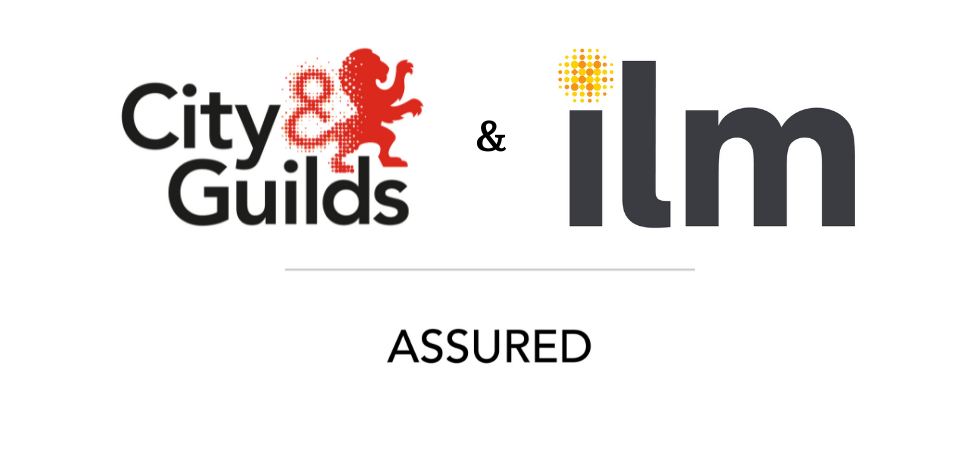







No Comments